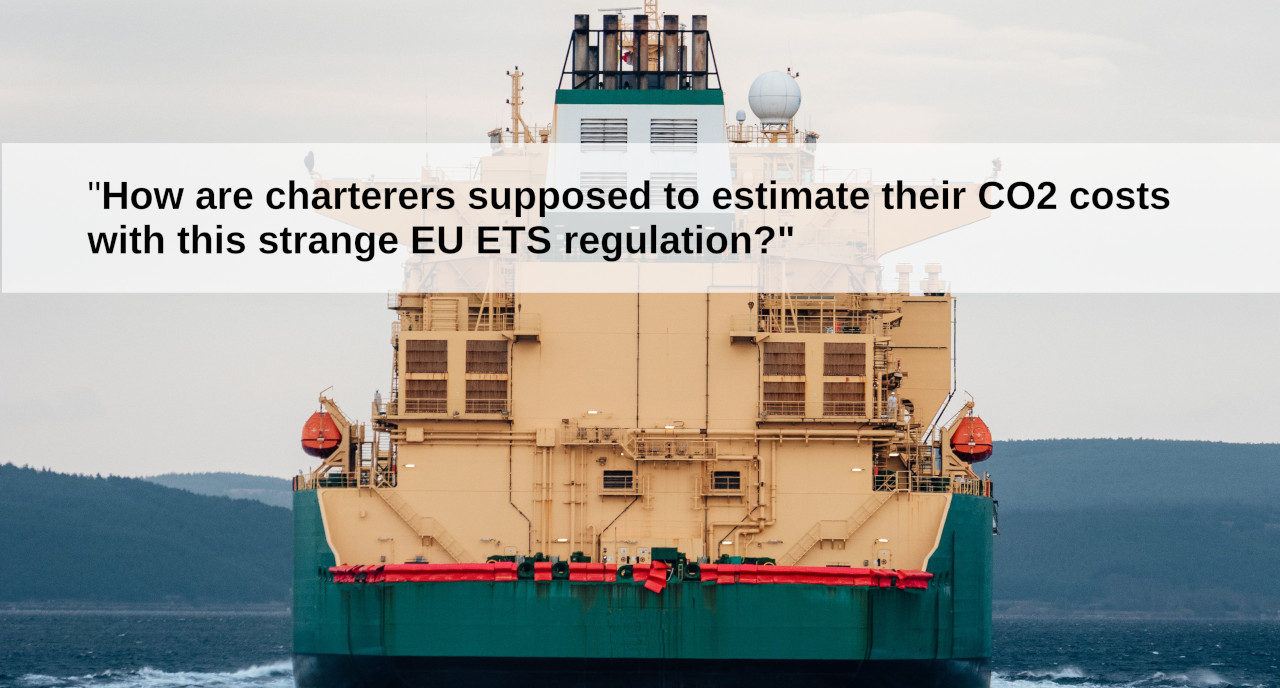From time to time there are these “IT meets reality” conflicts. Recently I had one again.
I sat with our developer about the ETS calculation. And they were frustrated. Developers like logic. And logic rules are rare. At least in shipping. (I just remember the ship working hours regulations years ago not taking time zone changes into account).
We have implemented the CO2 calculation for a voyage. So far everything is good. You can see the costs directly below your profit. Of course we apply all the rules. 50% for foreign to the EU and v.v. , 100% for EU-EU.
Now we realized: when calculating a future voyage in chartering, you cannot predict the right percentage. Without knowing the definitive future of the ship’s port calls, it is impossible to say whether a planned trip requires 0%, 50% or 100% compensation. At least in some (not rare) constellations it is undefined.
The exception is that, depending on port activity, not every EU port call is an EU port call. I’ll skip the details here. If you want me to explain the math, I will.
The point is: this is not a technical problem that can be solved with a lot of intelligence and programming. Even AI wouldn’t help you here. It’s a logical problem. Hard for us nerds to accept.
We solved the issue by leaving the decision to the user if he/she wants to change the predefined percentages. Our developers seem to be mid-happy. However, we have a solution.
But, you know what: I’m pretty sure the shipping world will carry on, even with another illogical rule. And we got another small step to less CO2 in shipping.
#shipping #co2 #ets #chartering
Picture by Mert Sayılgan/pexels.com

